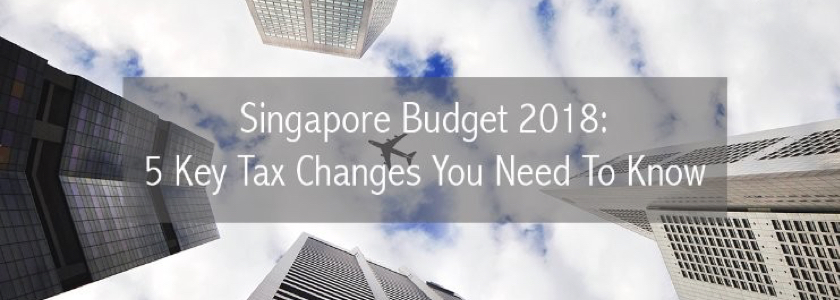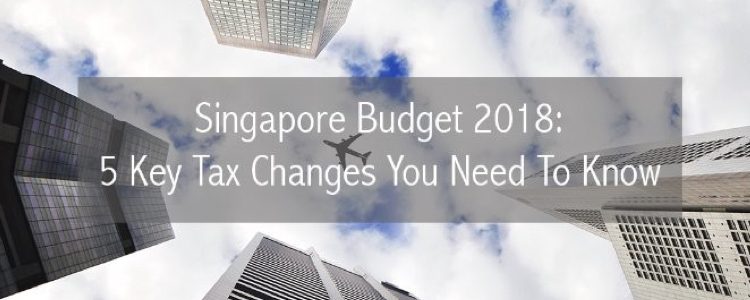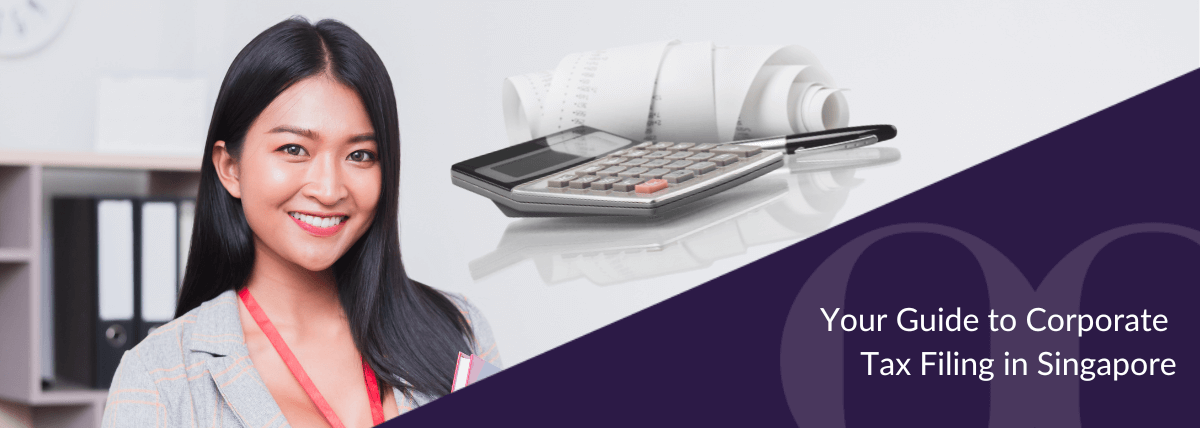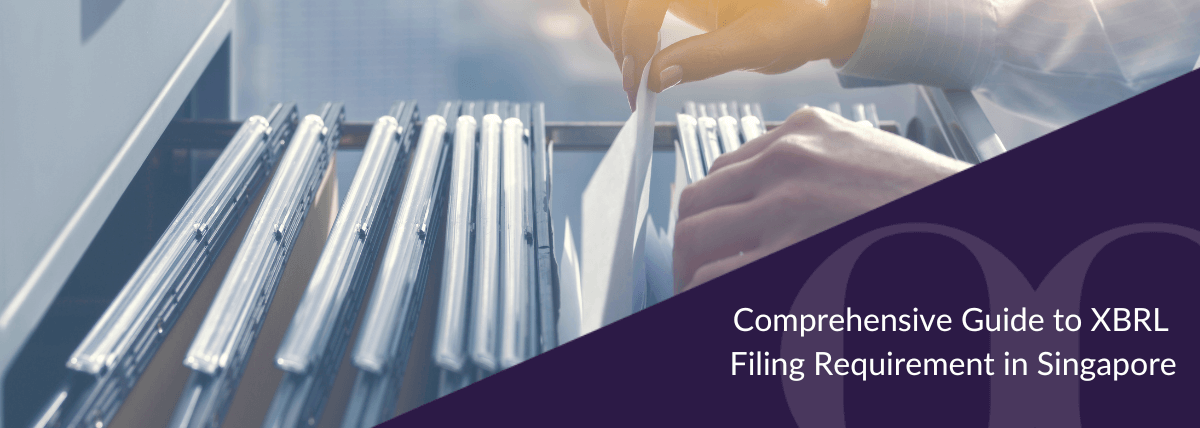With the copious tax amendments introduced by Finance Minister Heng Swee Keat in Budget 2018, here are the five most crucial ones that will affect the future of your company.
1. Corporate Income Tax (CIT) rebates
Poised to lower business costs and aid company reorganisations, the CIT rebate for YA 2018 has been revised to 40 percent of tax payable, capped at S$15,000.
This corporate tax rebate will be extended for another year to YA 2019 at a rate of 20 percent of tax payable, capped at S$10,000.
2. Tax transparency for Singapore-listed Real Estate Investment Trusts Exchange-Traded Funds (S-Reit ETFs)
The Reits sector was given a significant facelift with the extension of tax transparency for S-Reits to Reits ETFs. This will allow for equal tax treatment for both individual S-Reit investments and Reits ETF investments, and should reinforce the Reits sector, making Singapore a more attractive Reits listing hub.
Reit ETFs distributions obtained by individuals will also benefit from tax concessions, as long as those distributions did not derive from a Singapore partnership or the carrying on of any trade, business or profession. A 10% concessionary tax rate on such Reits ETFs distribution received by qualifying non-resident non-individuals.
Currently, a 17 percent corporate tax rate is applicable to distributions from S-Reits out of specified income to Reit ETFs. All investors of Reits ETFs will not be taxed on the distributions made out of such income from Reits ETFs.
Subject to conditions, the tax concessions for Reits ETFs will take effect on or after 1 July 2018, with a review date of 31 March 2020. Application for tax transparency treatment can be submitted on or after 1 April 2018.
3. The Double Tax Deduction for Internationalisation (DTDi)
Targeted at supporting internationalisation for businesses, the DTDi will be enhanced by raising the expenditure cap from S$100,000 to S$150,000 per YA. Qualifying expenses include expenditure incurred on activities such as overseas business development trips and participation in overseas trade fairs.
Administered by IE Singapore and the Singapore Tourism Board, this enhancement will apply to qualifying expenses incurred on or after YA 2019.
4. The Start-up Tax Exemption (SUTE) and the Partial Tax Exemption (PTE)
Lending a hand to smaller enterprises and start-ups are the SUTE and PTE, which are tax exemptions that ease the cost of running a business. Beginning on or after YA 2020, both exemptions will only apply to the first S$200,000 of chargeable income.
The revised SUTE, which is for new start-ups, will reduce tax exemptions to 75 percent for the first S$100,000 of chargeable income, and decrease the next chargeable income to S$100,000.
As for the PTE, the only adjustment is on the second chargeable income, which has been reduced to S$190,000.
5. Intellectual property (IP) tax deductions
The tax deductions for costs on protecting IP, and IP in-licensing will be improved in the coming years, from YA 2019 to YA 2025.
Catered in particular to smaller firms, the IP protection scheme will raise tax deductions to 200 per cent for the first S$100,000 of eligible IP registration fees incurred for each YA every year.
Tax deductions for IP in-licensing costs will also be bumped up to 200 per cent for the first S$100,000 of qualified fees incurred for each YA every year.






